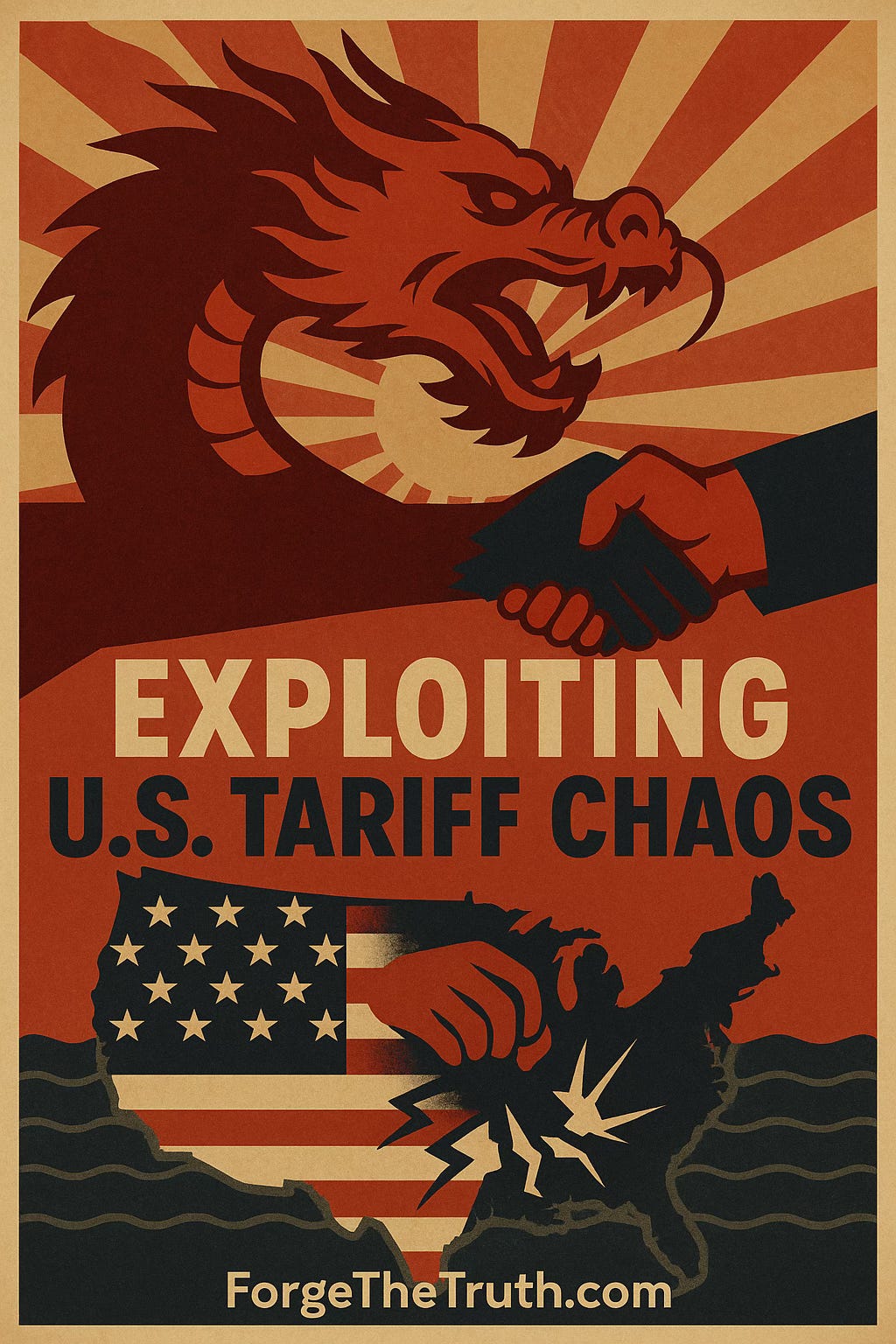True Multilateralism
How U.S. Tariffs Backfired and China Seized the Moment
On May 24 in Jakarta, Chinese Premier Li Qiang and Indonesian President Prabowo Subianto unveiled a joint pledge for “true multilateralism” a seemingly cooperative framework for trade, climate action, and security. Yet beneath the rhetoric lurks a strategic gambit: China is exploiting the fallout from Washington’s erratic tariff policy to cement its influence in Southeast Asia.
The U.S. Policy Meltdown
In April, the U.S. unilaterally slapped Chinese imports with tariffs as high as 145 percent, then backed off to 30 percent amid a 90-day truce, leaving exporters, importers, and allied governments scrambling to adapt . Indonesia, China’s top trading partner in ASEAN, was forced into a diplomatic tightrope: negotiating to avert a 32 percent U.S. levy on its palm oil and apparel, while watching its manufacturers reroute shipments to more predictable markets .
China’s Calculated Countermove
Far from matching Washington blow for blow, Beijing rolled out a two-pronged strategy:
Selective Tariff Pauses: China quietly eased certain levies on Indonesian goods, signaling solidarity with a “Global South” partner while insulating its own exporters.
Multilateral Messaging: Premier Li invoked the Bandung Spirit to frame China’s outreach as principled and inclusive—juxtaposed against U.S. unpredictability .
“As major developing nations and leading voices of the Global South, we carry forward the Bandung Spirit and champion true multilateralism for the benefit of all peoples.”
—Premier Li Qiang
This narrative shift lets Beijing claim the moral high ground—and win friends in capitals that feel buffeted by American policy swings.
Visualizing the Power Shift
Below is our new ForgeTheTruth poster, “Exploiting U.S. Tariff Chaos,” which lays bare the dynamic:
A red Chinese dragon dominates the frame, its claw severing a handshake with a smaller U.S. hand
The headline EXPLOITING U.S. TARIFF CHAOS in stark, vintage type
A fractured U.S. map draped in distressed flag colors, split by waves of economic disruption
Why It Matters
China’s deft maneuver transforms U.S. policy missteps into diplomatic and economic leverage. By offering stability when America delivers uncertainty, Beijing strengthens its foothold in Asia’s future:
Supply-chain security: Companies shift toward partners that minimize political risk
Soft-power edge: China’s “multilateralism” pitch resonates in developing capitals
Strategic momentum: Every new agreement locks in longer-term influence
Call to Action
Don’t let incoherent US policy slip by unnoticed.
Share this post and poster with your network.
Contact your representatives in Congress to demand clear, consistent trade policies that protect jobs and maintain our global credibility.
Together, we can hold our leaders accountable and build a truly stable global order.
Why should the US tolerate leadership that lets Beijing outmaneuver us on the world stage and what will you say to your lawmakers about it?
Leave your thoughts below.
Read original story from Reuters - “China's premier says China and Indonesia will promote 'true multilateralism”

